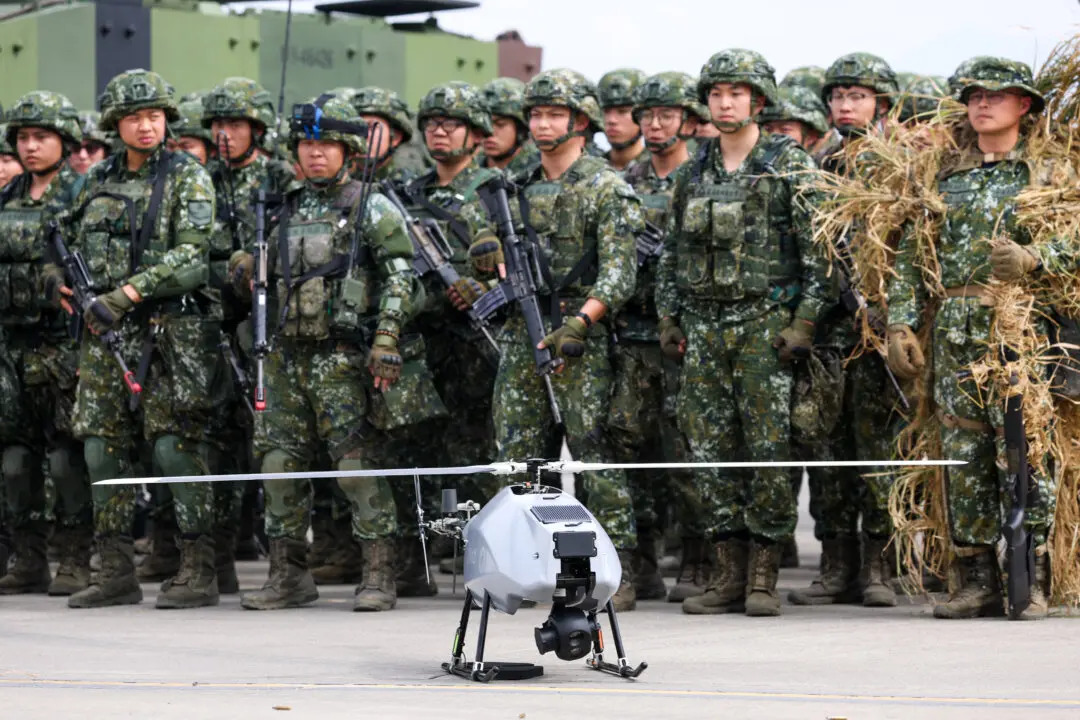Didi Chuxing’s business operations have been under heavy scrutiny since two female passengers allegedly were raped and killed by drivers at China’s leading ride-hailing service within the past five months. Now, in addition to safety concerns for female passengers, there’s a new challenge.
Fares apparently are often subject to manipulation by Didi drivers.





